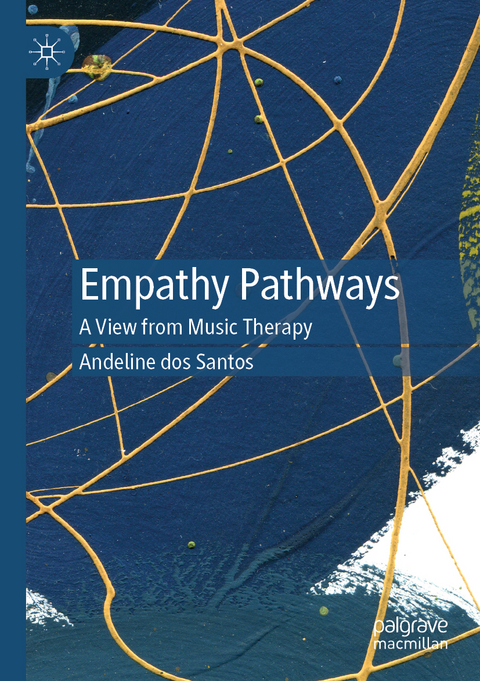
Empathy Pathways
Springer International Publishing (Verlag)
978-3-031-08558-1 (ISBN)
Many descriptions of empathy revolve around sharing in and understanding another person's emotions. One separate person gains access to the emotional world of another. An entire worldview holds up this idea. It is individualistic and affirms the possibility of access to other people's "inner world." Can we really see inside another, though? And are we discrete, separate selves? How can we best grapple with these questions in the field of music therapy? In response, this book offers four empathy pathways. Two are situated in a constituent approach (that prioritises discrete individuals who then enter into relationships with one another) and two are located in relational approaches (that acknowledge the foundational reality of relationships themselves). By understanding empathy more fully, music therapists, teachers and researchers can engage in ways that are congruent with diverse worldviews and ways of being. Examples used in the book are from active and receptive music therapyapproaches as well as from community and clinical contexts, so as to provide clear links to practice.
This book will be a valuable resource for academics and postgraduate students within music therapy and allied fields including art therapy, drama therapy, dance/movement therapy, psychology, counselling, occupational therapy and social development studies.
lt;p>Andeline dos Santos is a registered music therapist, senior lecturer and research coordinator for the School of the Arts at the University of Pretoria, South Africa.
Chapter 1: An Introduction to Empathies.- Part One: Insightful Empathy.- Chapter 2: A Stance of Receptivity.- Chapter 3: Awareness Through Multifaceted Perceiving.- Chapter 4: Sharing Emotions.- Chapter 5: Understanding Emotions.- Chapter 6: Responding with Action.- Part Two: Translational Empathy.- Chapter 7: A Stance of Honouring Opacity.- Chapter 8: Awareness of Translational Processes.- Chapter 9: Responsively Being With Each Other's Emotional Expressions.- Chapter 10: Negotiating Meanings of Emotions. -Chapter 11: Responding Through Accompaniment.- Part Three: An Empathising Assemblage.- Chapter 12: A Stance of Acknowledging That We Are Always Already Entangled.- Chapter 13: Affective Attunement.- Chapter 14: Awareness Through Mapping Relationships.- Chapter 15: Enhancing Response-ability.- Part Four: Relational Empathy.- Chapter 16: A Stance of Recognising That We Are Selfing Through Relationships.- Chapter 17: Awareness of Emotions as Co-Storying.- Chapter 18: Emotions and Meanings in Layers of Co-Storying.- Chapter 19: Responding By Affirming and Changing Emotion Stories.- Chapter 20: Conclusion.
| Erscheinungsdatum | 10.09.2023 |
|---|---|
| Zusatzinfo | VIII, 528 p. 31 illus. |
| Verlagsort | Cham |
| Sprache | englisch |
| Maße | 148 x 210 mm |
| Gewicht | 694 g |
| Themenwelt | Medizin / Pharmazie ► Medizinische Fachgebiete ► Psychiatrie / Psychotherapie |
| Schlagworte | Community Psychology • decolonizing music therapy • Empathy • epistemic violence • ethico-onto-epistemologies • Ethics and Music Therapy • Inclusive Cultural Empathy • music psychology • music therapy • Neuropsychology • Non-verbal Cross-cultural Communication • person-centred psychology • Psychoanalysis • Relational Empathy • Relational ontology • Relational Sociology • Social Development Studies • Social neuroscience • Translational Empathy |
| ISBN-10 | 3-031-08558-2 / 3031085582 |
| ISBN-13 | 978-3-031-08558-1 / 9783031085581 |
| Zustand | Neuware |
| Haben Sie eine Frage zum Produkt? |
aus dem Bereich


